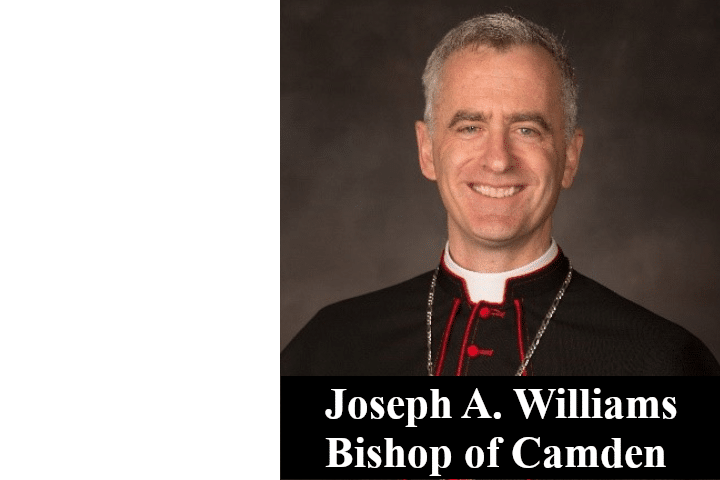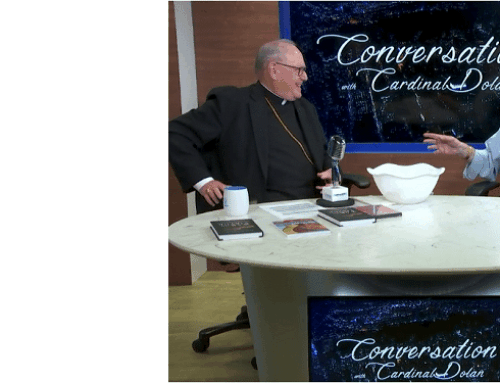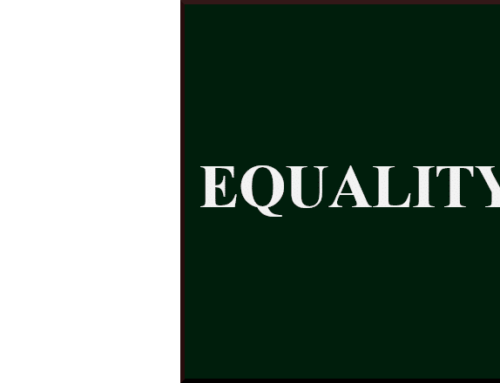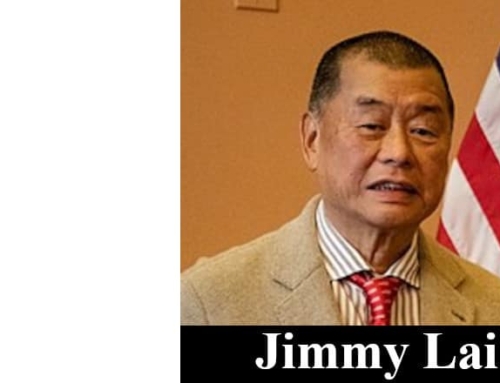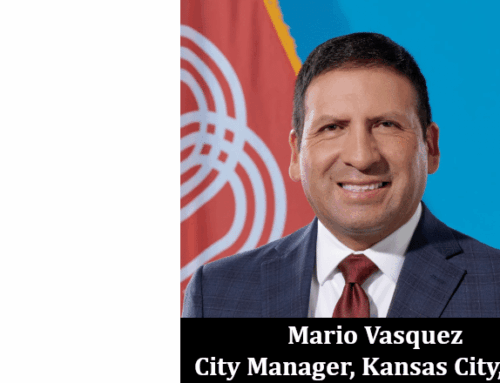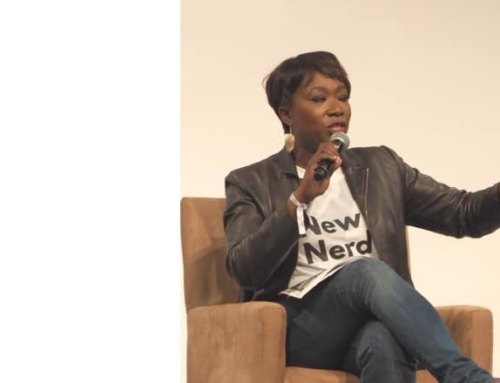June 17, 2025
For seven years, the Diocese of Camden fought attempts by the New Jersey Attorney General to empanel a grand jury to examine allegations of clergy sexual abuse extending back to 1940. Every Catholic organization that was contacted this past winter refused to submit an amicus brief in support of the diocese, with the exception of the Catholic League. We regret doing so given the timidity of Bishop Joseph Williams.
Two lower courts, the trial and appellate courts, agreed with the diocese that state law prohibits empanelling a grand jury to examine allegations against private individuals and private institutions. But on June 16, the Supreme Court reversed these rulings, holding that the diocese cannot block such proceedings. The state can now go forward, if it chooses to do so. As for now, the situation is moot: the Supreme Court held there is nothing to review.
The Catholic League’s beef with Bishop Williams stems from his decision on May 5 to walk away from this case. He did so exactly one week after diocesan lawyers, and our attorney, Russell Giancola, addressed the Supreme Court. The diocese’s lawyers never contacted me or our attorney—we found out from priests who read about it on May 6. And Bishop Williams never responded to my letter. This is the thanks we get for trying to help. It seems some on our side never learn.
Below is the text of my letter.
May 15, 2025
Most Rev. Joseph A. Williams
Bishop of Camden
631 Market St.
Camden, NJ 08102
Your Excellency:
In late winter, I was asked by attorneys for the Diocese of Camden if the Catholic League would be interested in filing an amicus brief in defense of the diocese. They learned that we had successfully defended priests in Pennsylvania and wanted us on board.
I immediately called lawyers in Pittsburgh whom I had worked with before and was able to secure counsel. On March 14, I signed an engagement letter with Russell Giancola; he works at the Pittsburgh office of Leech Tishman. I mailed him a check for a retainer deposit, and when additional funding was later needed, I provided it.
At issue was the right of New Jersey prosecutors to launch a grand jury investigation of priests who had been accused of sexually abusing minors. Under New Jersey law, grand juries are established to investigate public agencies such as prisons and police departments. Targeting private individuals or private institutions are not permitted. Therefore, going after the Catholic clergy—investigating alleged molestation of minors dating back to 1940—is unwarranted.
It seemed fairly straightforward, and indeed the Camden Diocese won in the lower courts on two occasions. Another round of court challenges occurred on April 28 of this year. Our attorney was given the opportunity to address the court and he did. So far so good.
On May 6, a New Jersey priest contacted me—not your lawyers or anyone working for you—with the news: you pulled the plug on the proceedings. It is true that you were new to the diocese, but you knew the history of this case.
After seven years of fighting this issue, and only a week after the last court date, you asked your attorneys to inform the state Supreme Court that you no longer wanted to prevent a grand jury from being impaneled.
Some are cheering your decision. I am not. Our attorney was told that no organization—save for the Catholic League—was interested in filing an amicus brief in defending your diocese; professional victims’ groups were lining up on the other side.
In the May 2 edition of Catholic Star Herald, you expressed grave reservations, and a clear sense of uneasiness, over this case. In the May 9 edition, you explained your decision to withdraw.
You made it clear that you felt it was hypocritical of the diocese to preach transparency while seeking to deny a grand jury probe. But was it not hypocritical of you to preach the merits of due process for priests and then abandon them at the last minute?
Grand juries are one-sided: they do not allow for cross examination of witnesses. So anything can be said about any priest and he has no right to defend himself, including you. This hit home with us when the Catholic League won in the Pennsylvania Supreme Court by defending the reputational rights of priests who said they were unfairly maligned in the grand jury report.
To be sure, all of those who claim to have been victimized are entitled to their day in court. Make no mistake about my position: There is no excuse for sexually abusing anyone, never mind minors. But not all priests who have been accused are guilty, and they, too, are entitled to their day in court.
In this case, the central legal issue had nothing to do with sexual abuse—it had to do with an attempt to override state law on the conditions that allow for a grand jury to be established. No other religious organization was to be subjected to a grand jury, and no public school was either. The latter is critical because state law allows for a grand jury probe of public institutions, yet no state executive or legislator has ever had any interest in doing so—they are only interested in going after the Catholic Church, and it is a private institution.
You said that one of the reasons why you changed your mind was your meeting with an alleged victim. You are to be commended for doing so. But I noticed in your May 2 column you said that you were “consulting survivors, fellow bishops, legal experts and diocesan officers” about what to do. Too bad you didn’t include parish priests, some of whom have contacted my office expressing their dismay.
I put my sociological training to task when I wrote The Truth about Clergy Sexual Abuse: Clarifying the Facts and the Causes, published by Ignatius. I know, and certainly you know, that almost all the guilty clergy are either dead or have been dismissed from the priesthood. The hunt for abuse cases extending back to before the U.S. entered the Second World War—when no other institution is subjected to the same scrutiny—is not about the pursuit of justice. It is about sticking it to the Catholic Church.
I would appreciate hearing from you about this matter.
Sincerely,
William A. Donohue, Ph.D.
President



